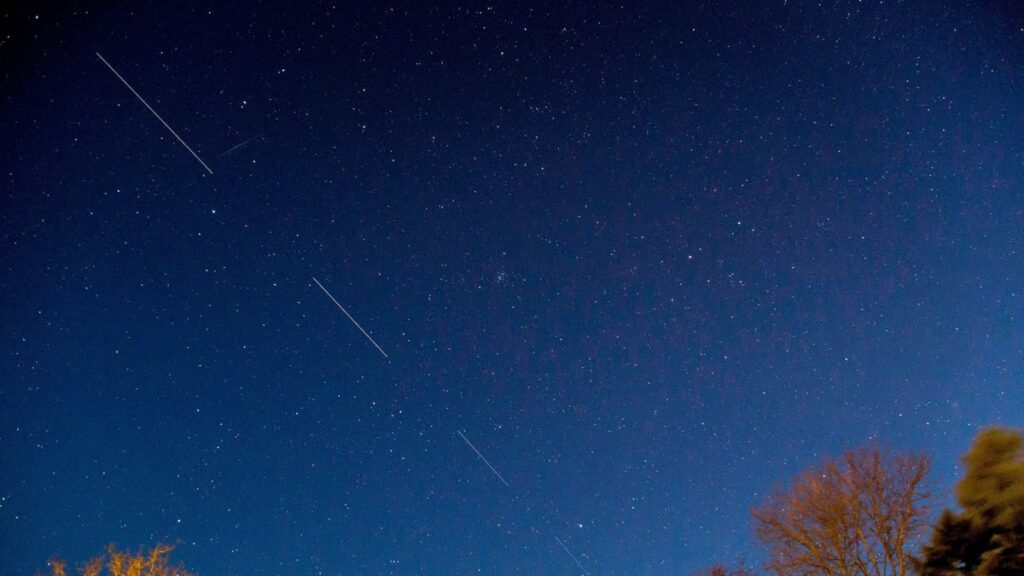FAA Says Starlink Satellites Could Kill People, SpaceX Shoots Back

SpaceX launched its first batch of 60 Starlink satellites back in 2019 in an attempt to bring high speed internet and cell phone coverage to the world. As of this August there were more than 5,000 such satellites in low-earth orbit. This system of space junk has made things difficult for astronomers, and according to a recent report from the FAA, could soon kill humans here on earth.
The 2024 Acura Integra Type S Transmission Will Make A Believer Out Of You
This report, compiled in conjunction with nonprofit group The Aerospace Corporation, suggests that by 2035 orbit decay will cause enough satellites to re-enter earth’s atmosphere that some will make it to the planet’s surface and potentially injure or kill people. “if the expected large constellation growth is realized and debris from Starlink satellites survive reentry … one person on the planet would be expected to be injured or killed every two years.”
The report continues on to calculate that downed debris could impact airplanes, causing even more catastrophic results. This is much less likely, says the report, but statistically non-zero, and giving this a likelihood of 0.0007 planes impacted per year.
SpaceX called the congressional report “preposterous, unjustified, and inaccurate.” The company claims any risk of death from falling satellites would be much less, as the satellites are designed to break up and “fully demise” on re-entry. Its retort also states that 325 Starlink satellites have already fallen out of orbit since February 2020, and no debris has been found. It went on to claim that the FAA’s report relies on “egregious errors, omissions, and incorrect assumptions.” SpaceX was also mad that the report focused solely on its satellites, and not the hundreds of thousands of pounds of low-earth orbit space junk being pumped into the atmosphere by competitors like Amazon’s Project Kuiper (which just launched its first satellite this month), OneWeb, or various Chinese firms.
When first launched, SpaceX was forced to seek authorization for its satellites from the Federal Communications Commission. The FCC accepted the assessment that Starlink satellites burn up on re-entry at that time. Based on examination of the satellites, however, The Aerospace Corporation says its possible for each spent Starlink to send as many as three pieces of debris weighing around two thirds of a pound each falling to earth.
“With the thousands of satellites expected to reenter, even a small amount of debris can impose a significant risk over time.”
With the FAA taking the conservative approach, and SpaceX moving fast and (potentially) breaking lots of things, it’s possible the true answer is somewhere in between. With SpaceX planning to grow its connected satellite barrage to some 12,000 units in the future, is it possible we’ll have to spend our days worrying about getting blasted from the skies? Statistically probably not, but don’t be surprised if you stumble across a hole with a smoking hunk of SpaceX in it. If you touch it, maybe you’ll get super powers.


